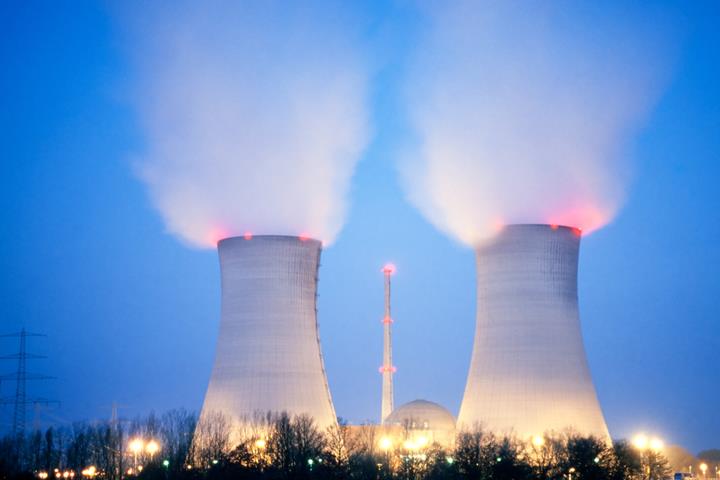If you are looking to get involved in alternative energy investing, the nuclear power sector is an attractive route. Even though nuclear power has been around for decades, it was only recently that investors started to think of this sector as playing a defining role in the global energy equation. Nuclear power is a power source that creates nuclear fission, which produces heat and energy.
The subject of nuclear power is considered to be relatively controversial as it is clean and cheap, which could help to reduce fossil fuel dependence, but there are also major safety concerns surrounding it. These concerns intensified following the 2011 earthquake in Japan which resulted in nuclear crisis.
Like solar power and hydro power, nuclear power is not a traditional commodity. That said, as the demand for nuclear power impacts the prices of other energy resources, nuclear power is related to global commodity markets.
For those interested in gaining exposure to the nuclear power sector, there are a number of options available. However, investing directly in the power source is not one of them. The options include purchasing stocks of companies who produce nuclear power or supply materials, investing in ETFs that are dedicated to the nuclear power sector or buying uranium futures.
Investing in Nuclear Power
Currently, there are 3 ways of investing in nuclear power and that is through exchange-traded funds, futures, or stocks.
Nuclear ETFs: What Are They?
There are no exchange-traded funds that offer direct exposure to nuclear power inputs, but there are numerous products which focus on companies who operate in the nuclear power sector. Nuclear exchange-traded funds include the following: PowerShares Global Nuclear Energy Portfolio, the Market Vectors Uranium + Nuclear ETF, and iShares S&P Global Nuclear Index Fund. For those looking to gain exposure to companies involved in uranium output, which is a key input to nuclear power, check out the Global X Uranium ETF.
Nuclear Futures: What Are They?
For those looking to gain exposure to nuclear power, you are able to invest in exchange-traded Uranium swap futures. If you are a producer or a consumer of uranium, these futures will act as a hedging tool. Additionally, nuclear futures provide a transparent forward price mechanism for the erratic uranium market. Keep in mind, however, that nuclear futures are thinly-traded, therefore achieving exposure through this method can be quite challenging at times.
Generally speaking, uranium futures are traded on the NYMEX, which is one out of the four exchanges that make up the CME group, under the symbol UX. Each contract represents 250 pounds of U308. Trading of these contracts is done in 60 consecutive months, with the pricing of the contracts in dollars and center per pound. For each contract, the floating price, which is the leg of a swap based on a vacillating interest rate, is the month-end spot U308 price published in Ux Weekly for the contract month by Ux Consulting Company, LLC. All in all, uranium futures will make use of financial settlement.
Buying Nuclear Stocks
One advantage of the nuclear power sector is that there are numerous publicly-traded companies engaged in various aspects of the industry. These companies include providers of nuclear materials, such as uranium, equipment manufacturers, and nuclear power plant operators. Generally, the stock prices have a strong correlation to demand nuclear power. This makes nuclear power stocks an interesting option for those who believe that usage of nuclear power will increase in the future.
To name a few, AMEC PLC (LON:$AMFW), Iberdrola SA (BME:$IBE), Cameco Corp. (TSE:$CCO), and JGC Corp (TYO:$1963) are all nuclear power companies.
Featured Image: depositphotos/PiLens











